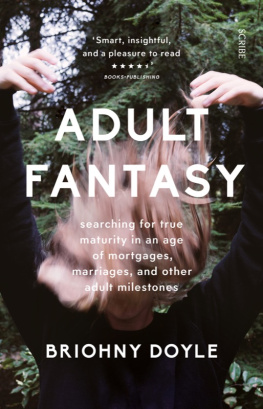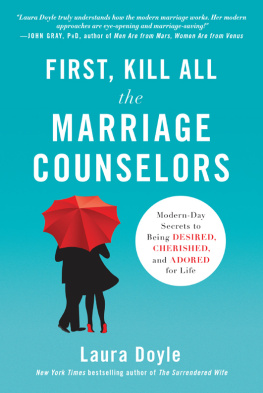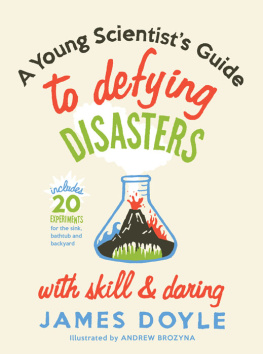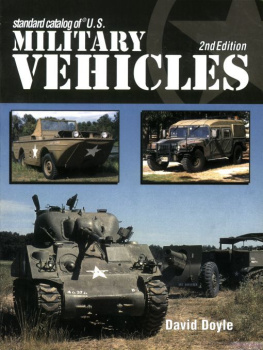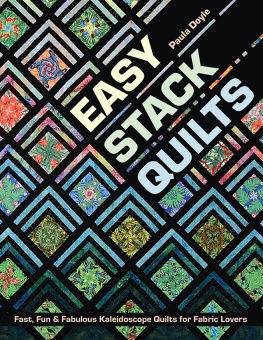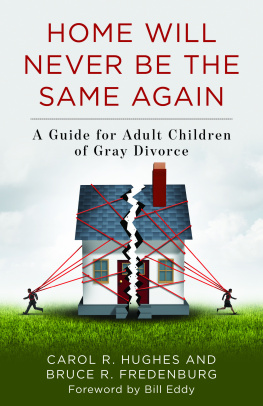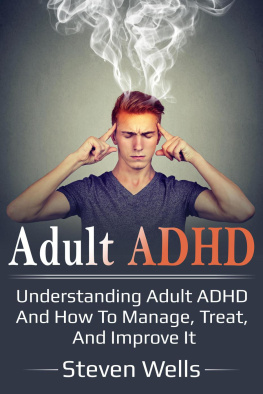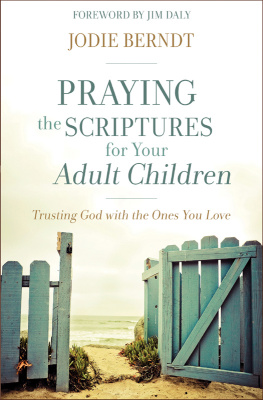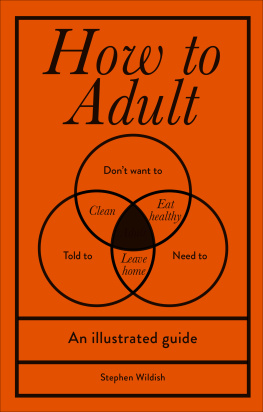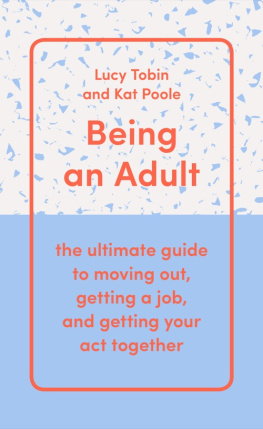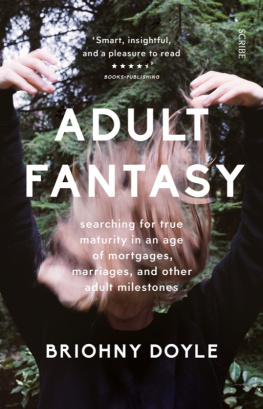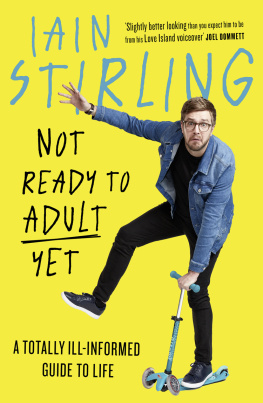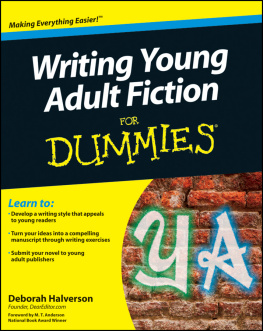
ADULT FANTASY
Briohny Doyle is a writer and academic, and an inaugural winner of the Scribe Nonfiction Prize for Young Writers. In 2017, she was a recipient of an Endeavour Fellowship for research based at Yale and the University of California, Santa Cruz, and was nominated for the Matt Richell Award for New Writer of the Year. Her debut novel, The Island Will Sink , was published to acclaim in 2016. Visit briohny-doyle.com
Scribe Publications
1820 Edward St, Brunswick, Victoria 3056, Australia
2 John St, Clerkenwell, London, WC1N 2ES, United Kingdom
First published by Scribe 2017
Copyright Briohny Doyle 2017
All rights reserved. Without limiting the rights under copyright reserved above, no part of this publication may be reproduced, stored in or introduced into a retrieval system, or transmitted, in any form or by any means (electronic, mechanical, photocopying, recording or otherwise) without the prior written permission of the publishers of this book.
While every care has been taken to trace and acknowledge copyright, we tender apologies for any accidental infringement where copyright has proved untraceable and we welcome information that would redress the situation.
9781925322163 (Australian edition)
9781911344285 (UK edition)
9781925548204 (e-book)
A CiP record for this title is available from the National Library of Australia
scribepublications.com.au
scribepublications.co.uk
For Annie,
and for Dad, who grew up with me.
Contents
Chapter 1:
Chapter 2:
Chapter 3:
Chapter 4:
Chapter 5:
Chapter 6:
Chapter 7:
Chapter 8:
Chapter 9:
Chapter 10:
Authors Note
This book emerges from discussions about adulthood, which compare individuals and groups of individuals based on a rubric for achievement haled from some smeary, undisclosed place. When these discussions are staged in public in the media or in political rhetoric they are inadequately contextualised. When they occur in private, they can be intensely personal, another source of anxiety in an over-anxious time. In what follows, I have attempted to connect these conversations.
It is good practice to begin such a project by acknowledging my specificity and limitations as a writer. I am a white, middle-class, cisgendered female, the progeny of middle-class Anglo-Saxons with very similar profiles. I have lived in Australia all my life. My experience of the world, and hence of adulthood, is limited its a limitation I want to explore, but I have no delusions about transcending it, or of speaking for people from very different backgrounds, living in very different social realities. Life is easier for middle-class people in developed countries: this is a fact. In what follows, I have tried to challenge my assumptions about the social reality I inhabit. There is always more work to do in this regard, always more realities to consider.
My methodology in researching this book was a combination of archival and text-based research and asking around, and so the scope of this project is limited. Further, my investigation is driven by memoir or writing-the-self, a suitably narcissistic aesthetic approach that nevertheless leaves no place to hide. There you are, again and again, in the connections you make, in the kinds of books you open, in the type and structure of questions posed to others.
Not all of the interviews I conducted made it to the final edit, but they all informed my thinking, and I am incredibly grateful to the many people who shared their experiences, or patiently explained things to me. I gave all interviewees, and the people in my life I wrote about, the option of taking a pseudonym, and as a consequence, more than half of the names herein have been changed.
Prologue
For a long time I pretended turning thirty was no big deal. But looking back, its clear I was bat-shit na-na for a good nine months either side of that birthday. I spent three weeks pay renting a 1971 Dodge Challenger convertible in an original factory colour called plum crazy. I pictured myself at that auspicious anniversary, a wine-dark streak in a TV desert, ears too full of the summer wind to hear that ominous ticking in the sky: the sound of a cultural clock counting me out of youth.
The Dodge was the same model Mickey and Mallory Knox drove in the 1994 hyper-violent romance classic Natural Born Killers . It was a good car for rolling up to a Las Vegas drive-through chapel important, because Id decided that thirty was wedding age, regardless of how troubling my partner and I found the idea of marriage. For months Id been pausing significantly outside jewellers. For months Id been locked in an internet search loop that oscillated between white dresses, unaffordable houses in towns Id never been to, career aptitude tests, and pop-psychology articles on obsessive compulsive disorder and rare degenerative brain diseases, all of which seemed to explain the patterns of behaviour that were rapidly becoming my life. I tried to tear my attention away from these seemingly pressing matters back to my terminal degree a doctoral dissertation on the apocalypse but only seemed able to focus on wastelands in literature for mere seconds before the literal wasteland of listicles, think pieces, and advertorials ensnared me once again.
Thirty Things You Should Know by Thirty , screamed my Facebook feed, drawing me into a tunnel from which I would emerge hours later, screen-shocked and disconnected.
Around me, friends were marrying, having babies, and buying houses, or gliding gracefully along a path of career advancement at least, it seemed that way. What was wrong with me why was I failing to come of age? Why was my life on the cusp of thirty so similar to what it had been at twenty-five, or even seventeen? And why did I care so much?
When my birthday finally came around, I got so pre-emptively drunk that I couldnt drive the Dodge and spent most of it holed up in a family motel popping generic-brand valium and watching The Big Bang Theory.
Its okay, my boyfriend, Serge, assured me. We have the car for another twenty-four hours. We can pretend that tomorrow is your birthday.
I nodded palely, though I knew this pretence would not suffice. Some crucial illusion had been broken.
A week later, I had to fly home suddenly to put my dog to sleep.
A month later, I thought, I cant get fucking married, are you serious?
Six months later, oxygen streamed back into my lungs as if Id surfaced from thirty continuous laps of the pool.
What just happened? I spluttered, the sky suddenly too bright, the past year coming into sharp relief against this vicious spread of blue.
Sudden Age Forward
When the movie Big came out, I watched it with my parents. I was small then, and my parents were still together. We lived in a house in the country, and occasionally we did things like drive into town to see a movie as a family. Thinking back, that time itself seems movie-tinted now: edited and filtered through the cinematic gaze of memory.
As I remember it, my parents liked Big . They laughed at things that did not seem funny to me at all.
Big is a sudden-age-forward comedy, a popular subgenre of the body swap wherein a young person is thrown into the life of an adult. The plot is simple: a boy wishes to be big enough to fulfil his dream of accompanying a cute girl on a carnival ride and subsequently wakes up to discover he is Tom Hanks. Naturally, hes appalled. His jeans dont fit. He is hairy all over. This is not how he pictured adulthood. Forced to fend for himself, he finds the world beyond suburban picket fences garish and confusing. Being a grown-up looked like a sweet alternative to sharing a room with a baby, but in 1980s New York there are examples of urban lives gone awry muttering and staggering through the smeary neon of Times Square. Also, adults, it turns out, are subject to all kinds of ignoble oppressions. The senseless queues. The horrors of bureaucracy. The necessity of work.
Next page
